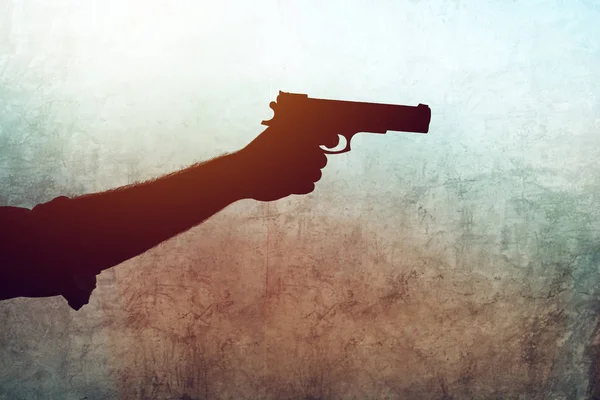The recent attack on journalist Nikhil Wagle’s car in Pune has once again brought to the forefront the issue of freedom of speech and expression in India’s political landscape. The incident, which occurred while Wagle was on his way to attend an event, has raised concerns about the safety and security of journalists who are critical of the government and its policies.
According to reports from the PTI news agency, the attack was allegedly carried out by workers affiliated with the Bharatiya Janata Party (BJP). The assailants targeted Wagle’s car, throwing ink and vandalizing the vehicle as it made its way to the ‘Nirbhay Bano’ event organized by Rashtra Seva Dal. Despite the attack, Wagle managed to reach the event venue under police protection.
The incident has sparked outrage and condemnation from various quarters, with many expressing solidarity with Wagle and decrying the assault on press freedom. It is not the first time that Wagle has been targeted for his outspoken views. He has previously faced similar attacks, with this latest incident marking the seventh such assault on him.
The attack on Wagle’s car comes in the wake of his critical remarks against Prime Minister Narendra Modi and BJP veteran LK Advani. Wagle had reportedly made defamatory comments on social media platforms following the announcement that Advani would be conferred with the Bharat Ratna, India’s highest civilian honor.
In response to Wagle’s comments, a case was registered against him under various sections of the Indian Penal Code, including promoting enmity between different groups, defamation, and statements conducing to public mischief. Senior BJP leader Sunil Deodhar filed a complaint against Wagle, leading to the initiation of a police investigation into the matter.
The incident has reignited the debate on freedom of speech and the role of journalists in a democratic society. Critics argue that attacks on journalists for expressing dissenting views undermine the principles of democracy and threaten the fundamental rights enshrined in the Indian Constitution. They call for stringent action against those responsible for such attacks to uphold the rule of law and protect the rights of journalists to report without fear or favor.
In response to the attack, opposition parties have lashed out at the Maharashtra government, accusing it of failing to ensure the safety and security of journalists. Shiv Sena MP Sanjay Raut condemned the incident as a “brazen bid to murder democracy” and criticized the BJP for allegedly orchestrating the attack on Wagle’s car.
Similarly, Shiv Sena MP Priyanka Chaturvedi condemned the attack, describing it as an act of “goondagardi” (hooliganism) under the “gundaraj” (lawlessness) of the BJP. She called for accountability and justice for journalists who are targeted for their critical reporting.
The attack on Nikhil Wagle’s car underscores the challenges faced by journalists in India, particularly those who dare to speak truth to power. It serves as a stark reminder of the importance of upholding press freedom and ensuring the safety of journalists in the face of threats and intimidation.
As the investigation into the incident continues, it is imperative that authorities take swift and decisive action to hold the perpetrators accountable and send a strong message that attacks on journalists will not be tolerated in a democratic society. Only then can the principles of freedom of speech and expression be safeguarded and upheld for the benefit of all citizens.














